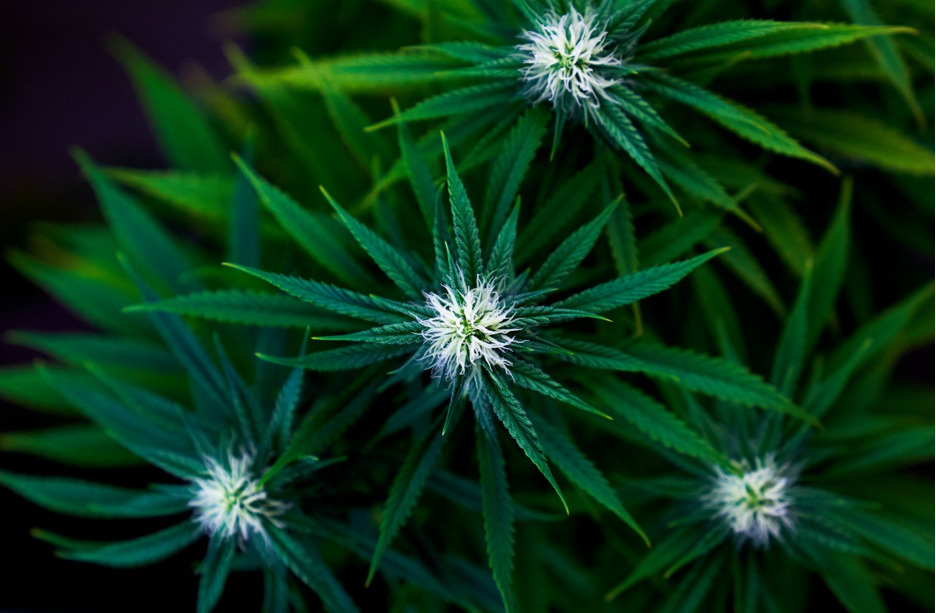Spain has become a popular destination for cannabis enthusiasts from all over the world, thanks to its relaxed laws on possession and use. From the sunny beaches of Barcelona to the bustling streets of Madrid, there are countless cannabis clubs where visitors can enjoy high-quality strains in a safe and legal environment. But how exactly does Spain’s legal system treat cannabis? In this blog post, we’ll explore everything you need to know about the legal status of cannabis in Spain – from possession and use to medical applications. And if you’re looking for a map of cannabis clubs in Spain, we’ve got you covered too! So sit back, relax, and let’s dive into this fascinating topic together.
Cannabis in Spain
Spain has a long and intertwined history with cannabis that dates back to the Moorish occupation of the Iberian Peninsula. In fact, some historians believe that it was the Moors who introduced cannabis to Spain in the 8th century.
Despite this historical association, cannabis didn’t become popularized in Spain until much more recently. It wasn’t until the late 1960s and early 1970s that Spanish youth began experimenting with marijuana as part of their countercultural movement.
Since then, attitudes towards cannabis have remained relatively relaxed in Spain compared to other European countries – although there have been occasional crackdowns by law enforcement agencies over the years.
Today, cannabis is widely enjoyed throughout Spain – particularly among young people and tourists visiting cities like Barcelona or Valencia. The emergence of private “cannabis clubs” has also contributed to a vibrant grassroots culture around marijuana use in Spain.
Cannabis Laws in Spain
In Spain, the use and possession of cannabis are decriminalized for personal use. However, the sale and distribution of cannabis remain illegal under Spanish law.
The cultivation of cannabis plants is also prohibited in Spain, but growing a small number of plants for personal consumption is not considered a criminal offense. The number varies depending on the region, with some allowing up to three plants per person.
It’s important to note that while possession is allowed for personal use, smoking or consuming cannabis in public places can result in fines. Additionally, driving under the influence of drugs (including cannabis) is strictly prohibited and can lead to severe penalties.
In recent years, Spain has adopted a unique approach towards regulating cannabis through “cannabis clubs”. These private associations allow members to collectively grow and consume their own marijuana within certain limits set by each club.
While there are still legal limitations surrounding cannabis in Spain, it remains one of Europe’s more liberal countries when it comes to drug laws.
Possession and Use of Cannabis in Spain
In Spain, cannabis falls under the category of ‘soft drugs’ and is decriminalized for personal use. Possession of small quantities, defined as up to 100 grams, is only punishable by a fine. However, possession of larger amounts can result in criminal charges.
The use of cannabis in private spaces such as homes or designated clubs is also permitted. Cannabis clubs have become increasingly popular throughout Spain, offering a safe and regulated environment for users to purchase and consume cannabis.
It’s worth noting that smoking in public places is not allowed and could result in a fine if caught by law enforcement. In addition, driving under the influence of marijuana is strictly prohibited and carries severe penalties.
While the possession and use of cannabis are technically illegal in Spain, it has been largely decriminalized for personal use with some restrictions. The rise of cannabis clubs has provided users with a safer environment while also contributing to tourism revenue across the country.
For more information visit photeeq
Medical Use of Cannabis in Spain
Spain has been relatively progressive when it comes to the medical use of cannabis. In 2016, a new law was passed that allowed for the cultivation and sale of cannabis-derived products for medicinal purposes. This means that patients with certain conditions are able to legally access cannabis-based medicines if they have a prescription from their doctor.
The list of qualifying conditions includes chronic pain, multiple sclerosis, epilepsy, and cancer. Patients who meet the criteria can obtain a prescription for products like Sativex or Bedrocan from licensed pharmacies. However, it’s worth noting that these drugs may not be covered by public health insurance.
Despite this progress in legislation surrounding medical cannabis in Spain, there is still much work to be done in terms of research and education around its potential benefits and risks. Many doctors remain hesitant to prescribe cannabis-based treatments due to lack of knowledge or concerns about legal repercussions.
Though, the fact that medical marijuana is legal in Spain shows promising signs towards increased acceptance and recognition of its therapeutic potential.
Conclusion
The legal status of cannabis in Spain is complex but generally lenient compared to other European countries. Possession and use of small amounts of cannabis for personal consumption are not illegal, although it’s important to keep in mind that there are still laws regulating its production, distribution and sale. The medical use of cannabis is also allowed under certain circumstances.
However, it’s crucial to understand that while some aspects may be legal or decriminalized, they are still subject to local regulations and restrictions which vary from region to region. It’s always recommended to do proper research before engaging with any form of cannabis activity in Spain.
We hope this article has provided helpful insights into the current state of marijuana laws in Spain. As the country continues on a path towards greater acceptance of cannabis usage, it will be interesting to see how these laws continue developing over time alongside public attitudes towards the plant.
Read more articles for anmolideas



